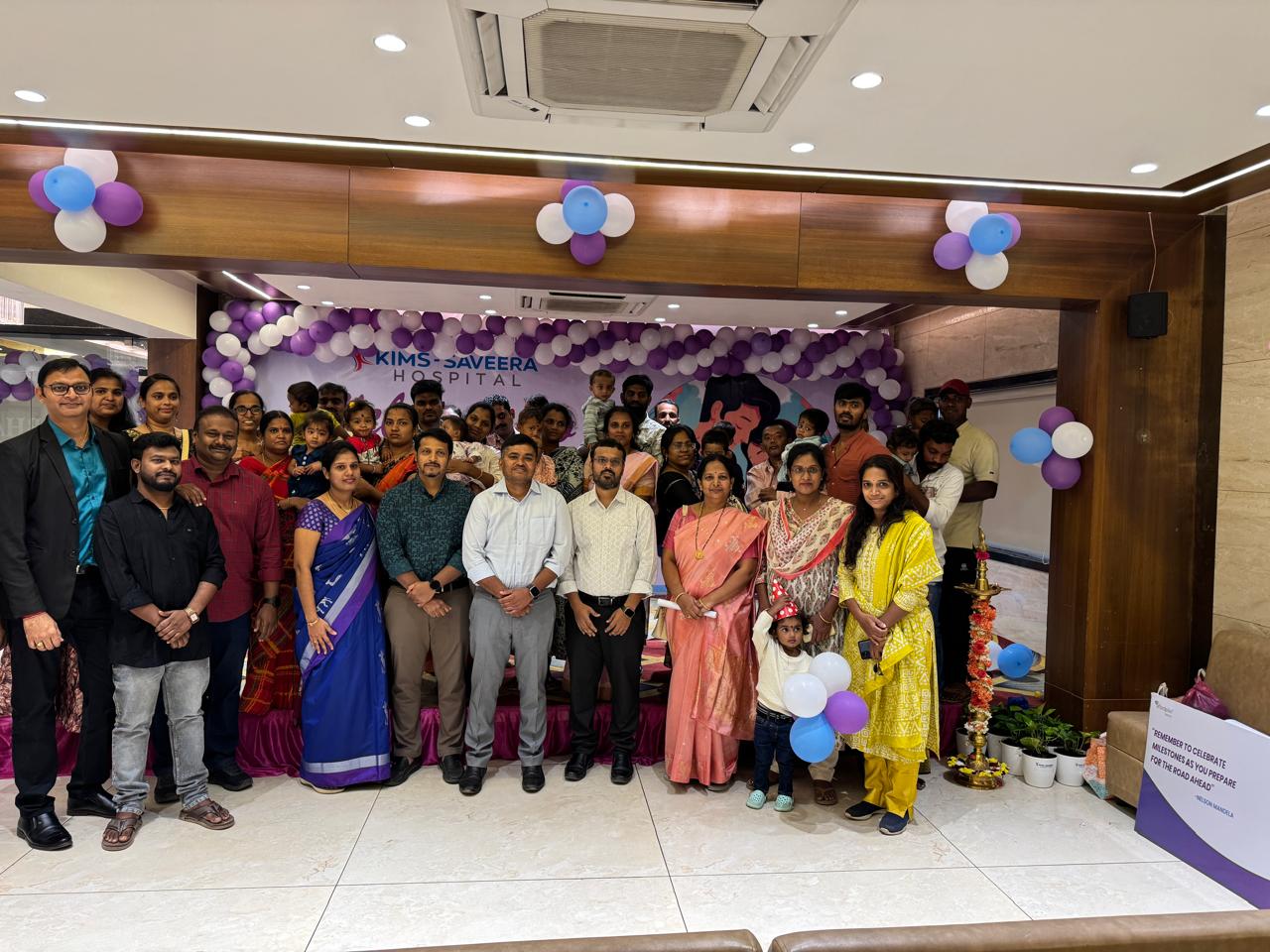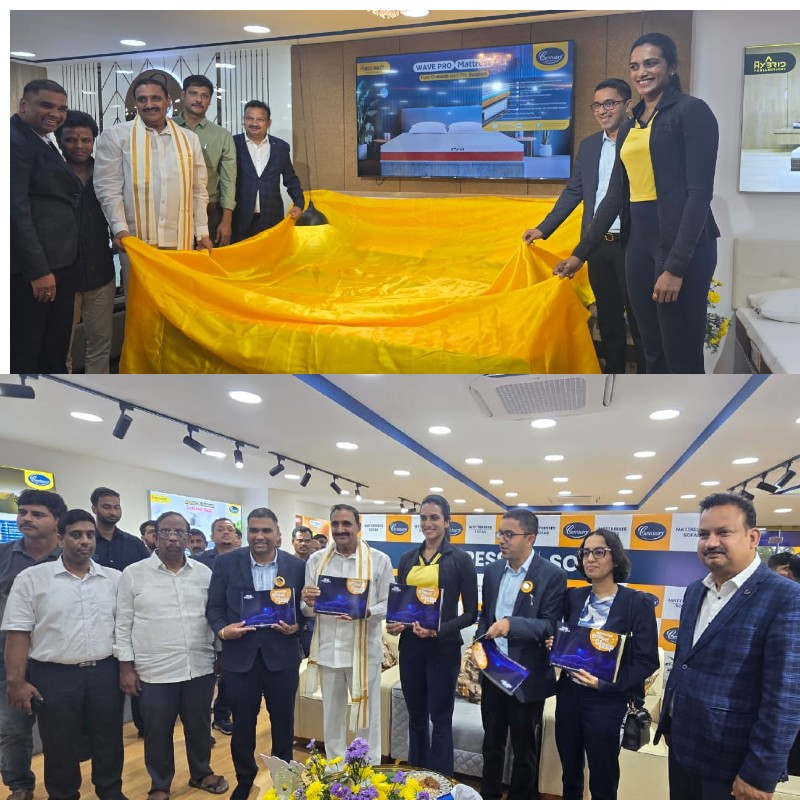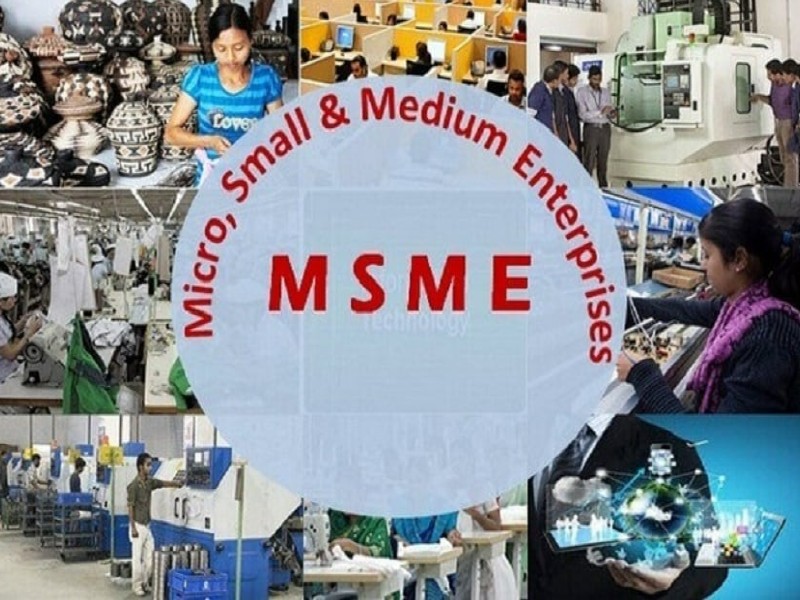Indian MSMEs set to be global disruptors in textiles, clothing, machinery and electrical equipment sectors: Report
Empower India, a leading policy think tank, commissioned Infinite-Sum Modeling (ISM), a leading economic modeling firm, to analyze commodities and markets that are vital for MSME growth through exports. E-commerce has enabled the digital transformation of MSMEs at minimal cost and investment while also contributing to their presence across markets. It is estimated, products such as wood, hides and skin, rubber and plastics, and food and animal products, will witness an export hike of over 60% by 2027, with MSMEs having more than 10% of the market share for the food and animal products.
The report took into consideration the market demand index, calculated for the years 2017 and 2022, to analyze the country’s export competitiveness. It suggested that 34.75% commodities witnessed an increase in demand between 2017 and 2022, with the chemical sector having the highest number of commodities (79 commodities with rising global market demand). Metals, vegetables, textiles, clothing, machinery, and electrical equipment sector were among the other top product categories with rising global demand. USA, Turkey, Germany, UAE, and Japan were among the top markets for exporting vegetable plaiting materials, edible preparations, iron and steel, and aluminum articles.
India’s competitiveness in exporting a specific commodity was measured through the revealed comparative advantage (RCA). The report revealed that 34% products received RCA greater than 1, accounting for India’s comparative advantage in exporting across industries such as carpets, textile floor covering, vegetable products, resins, vegetable textile fibers, and sugar confectionery, among others. The report also measured the relative trade advantage (RTA) to evaluate India’s competitiveness in trade while also accounting for imports. 53.31% witnessed a positive RTA across categories such as coffee, tea, mate, and spices, among others.
K. Giri, Director General, Empower India, said, “E-commerce is playing a critical part in reviving the hopes for MSMEs. We wanted to ascertain which sector could benefit more by reaching out to specific markets which is the essence of this report.”
Sumathi Chakravarthy, Managing Director, Infinite-Sum Modeling, said, “There is enough data to suggest that Indian MSMEs will be the global disruptors owing to the wide market spread they can cover. By exporting items such as metals, textiles, clothing, machinery, and electrical equipment to USA, Germany, UAE, and Japan, among others, the Indian MSMEs can leverage and contribute to the $2 trillion export market opportunity.”
Indices like export potential indicator and global trade analysis project were used to identify potential target markets for commodity exports by Indian MSMEs. USA, UAE, China, Bangladesh, and Hong Kong were among the top markets for India, accounting for 37% of the total exports. Import growth estimates for the UAE and China, on the other hand, was around 50%, the highest among India’s destination markets with the most untapped potential, followed by the UK with estimated growth of 46% by 2027.
With the evolution of e-commerce, enabled by state-of-the-art logistics and facilities, exporting and selling overseas has become hassle-free and a lot easier. This provides MSMEs an opportunity to expand and grow their businesses globally, contributing to overall economic growth of the country. In India, MSMEs contribute to 30% of the country’s GDP and 40% of its exports and it is clear that they have a high potential for exports especially in regards to textiles and clothing, food and agricultural products, machinery and electrical equipment sectors in markets such as USA, UAE China, Bangladesh, and Hong Kong.












